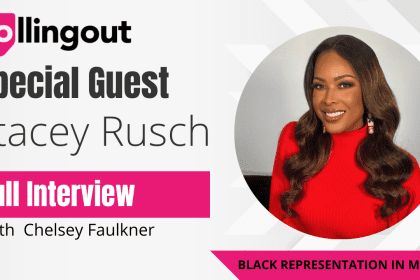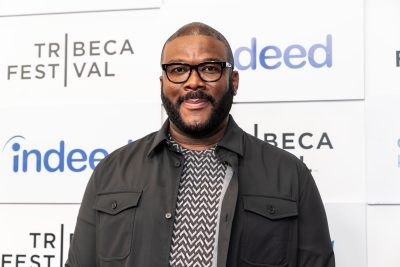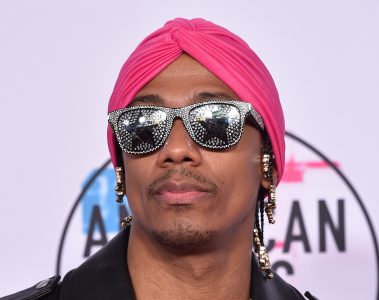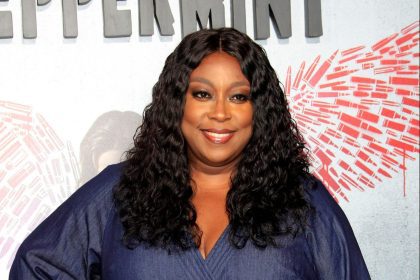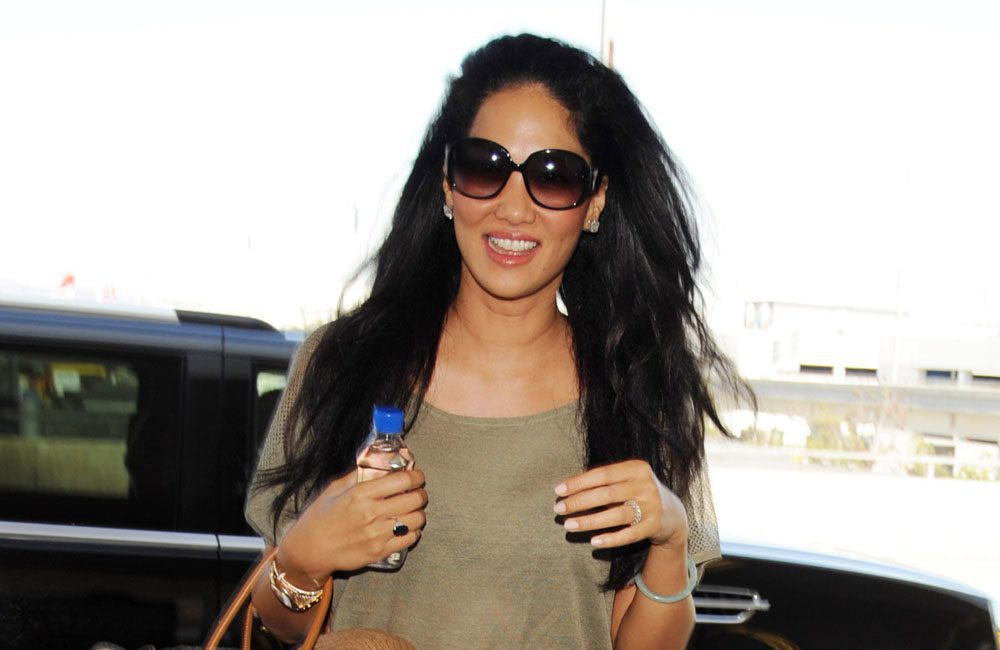
PHILADELPHIA – Despite the fact that minorities’ population percentages continue to improve in America, diversity in the mainstream newsrooms nonetheless continues on its uninterrupted downward spiral.
And with the popularity and convenience of the internet, newsrooms and magazine editorial departments have shrunken to unprecedented lows. That means even less opportunities for minorities and, more specifically, African American journalists and aspiring media personalities.
Here at the National Association of Black Journalism Conference inside the Pennsylvania Convention Center, we approached a multiplicity of media entities and journalists to gauge their perspective of this most volatile and ever-changing industry and how it has impacted their businesses and careers.
–terry shropshire
Kellee Terrell:
What is the impact of not have diversity in the newsrooms? It means stories don’t get told. It means you don’t get stories on HIV/AIDS. It means you don’t get stories on food deserts, areas where there’s no healthy foods and no grocery stores because it’s too poor and [chain] don’t want to move in. People don’t always know what’s going on outside of their experiences. So if it’s your job to tell the news, all you are telling is your experiences. So diversity is really important.
Have bloggers and outlets like TMZ become media authorities? I’ll never say that they’re an authority. They’ve become popular. We don’t have common sense, so we consume nonsense, thinking it’s news. It’s not that they’ve taken over, we’re interested in what they’re putting out. If we weren’t … then that’s not what they would be putting out. If TMZ has become an authority, then that’s a reflection of who we are, and that’s kind of scary to me.
How has journalism changed in the last twenty years? The level of journalism has gotten worse because [the editors] say ‘you have to get this out today, today, today [snapping her fingers for effect]. Journalism has been replaced with quick s—. That’s what it is. But … one of the things I like that has happened; the internet has allowed more people to be seen. It allows for more writers to have their work showcased. If all you had was print, it is hard to break into print. I feel like my career would not have flourished as much … had there not been an online component.

Stan Washington, editor, The Atlanta Voice:
What does not having diversity in the newsroom do to news? One, the public suffers. Not only are we talking about of course not having people of different color in terms of jobs and employment. But the public suffers because they only get one perspective of the news, from one group of people about the news. So when news happens in the Asian community or the Hispanic community, they don’t see it as important.
What does it say about corporate America who continue to pump big money into these media corporations knowing they don’t practice diversity? Well as long as some of them can make money, the bottom line profit, they’re not concerned about diversity. The only color they’re concerned about is green. America is in trouble right now because of their short-term vision. What about the long term? That’s why it’s in the condition that it’s in. Because if you do this on the short term, then you’re going to mess it up for the long term. We are in peril. You got people in Congress worried about the debt ceiling, when they should be worried about putting people back to work.
How has the media industry changed over the last 20 years? With the advent of the Internet, its [caused] a revolution. In the end, it’s going to end up being beneficial, because it’s going to open it up for more voices to be heard. Just like with the music industry, you had to go through the gatekeepers. But now with the internet, you can get more opinions out there. It’s been good in that sense in terms of accessibility. A negative part in that, however, [is that] a lot of people out there who claim to be journalists are not journalists.
 Darryl Bell, city editor, Delta Democrat Times, Greenville, Miss.:
Darryl Bell, city editor, Delta Democrat Times, Greenville, Miss.:
What is the impact of the lack of diversity in the newsroom? There are things that you look at in a newspaper that gives you insight into another culture, another race. Without diversity, you don’t have that. And that’s what’s missing now in journalism right now. And it’s getting worse instead of getting better.
Have blogs like TMZ become media authorities? Yes and no. They become media authorities because people believe what they put out. It doesn’t mean that they are correct. They have just been there to put out the information. And sometimes, we’re in the ‘now’ mentality. We don’t care whether or not it’s right. It’s whoever is first. That’s all that seems to matter now.
How has the media landscape changed in the last 20 years? Downsizing. Companies don’t think about diversity. They talk diversity, but they’re thinking monetarily. And that is the name of the game now. Trying to survive. They are trying to make sure that they are making a bigger buck than last year.

